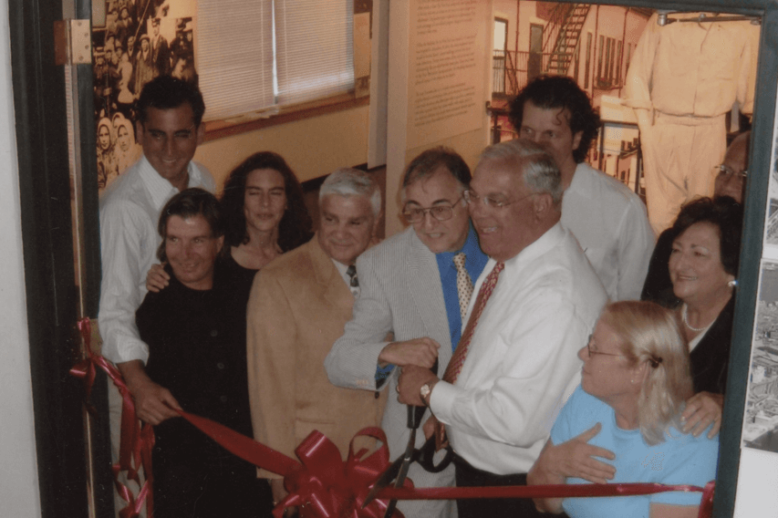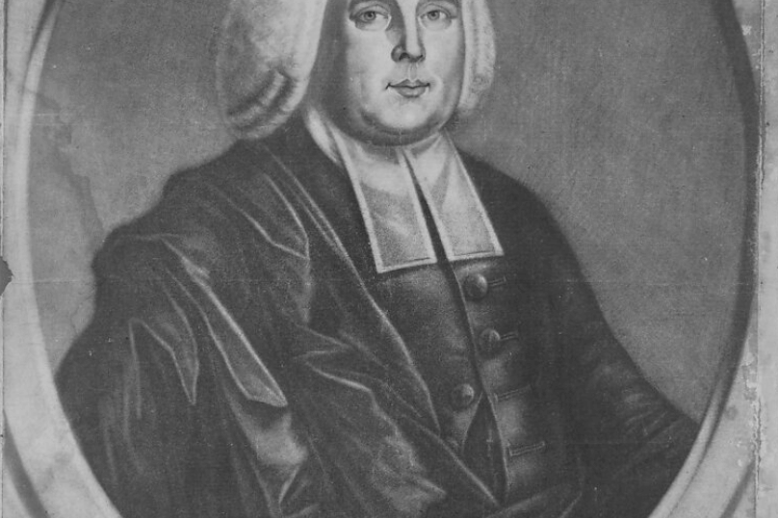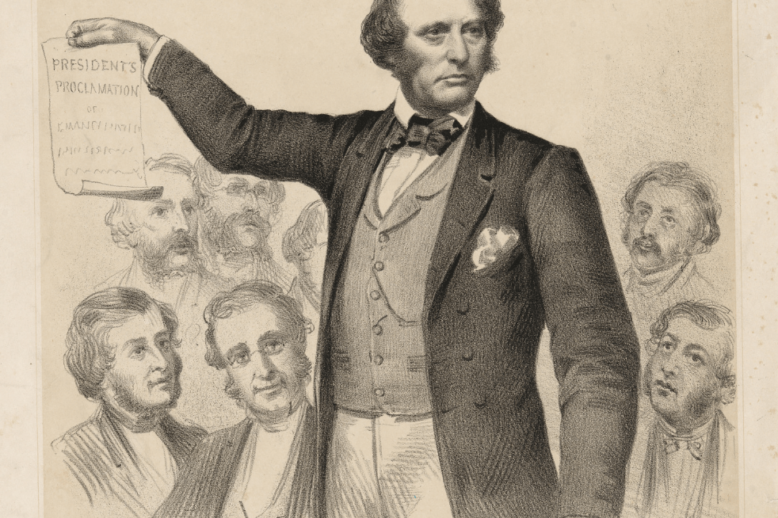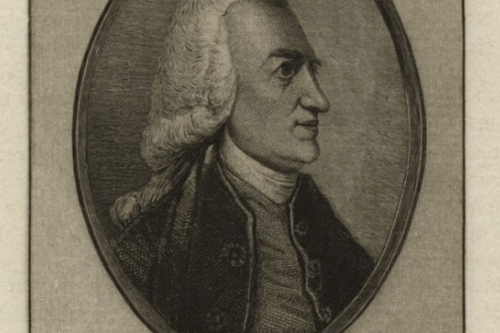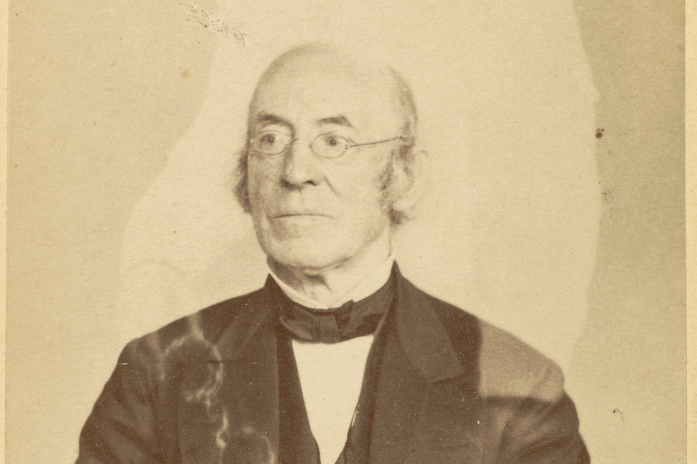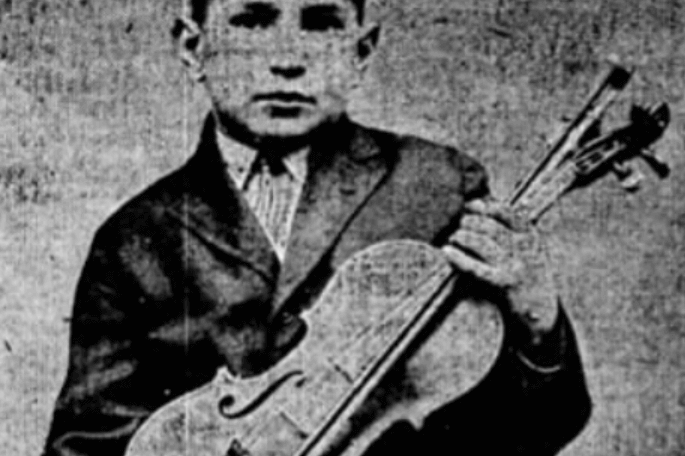Topic
Organizational category for historical articles
For twenty years, The West End Museum has preserved the history of the West End and the memories of its residents, many of whom were displaced by an urban renewal project in the late 1950s which demolished their homes and destroyed their community. The journey from the time of the evictions to the opening of the Museum’s doors in 2004 was full of fits and starts, including long legal battles. In the end, the perseverance of the entire lost community, and a smaller number of its dedicated leaders, made The West End Museum a reality.
Prescott Townsend (1894-1973) was a gay activist who lived on the North Slope of Beacon Hill from the early 1920s until his death in 1973. He was outspoken and proud of his identity, from boasting about his pilgrim ancestors to organizing early LGBTQ+-oriented groups in Boston.
Jonathan Mayhew (1720-1766) was a minister and influential theologian who was a foundational figure in the philosophy that spurred revolutionary sentiment in the colonies. He preached at Old West Church from 1747 to 1766, where he would deliver sermons on politics and share his unorthodox theology.
Charles Sumner (1811-1874) was a lawyer and United States Senator who was a vocal abolitionist and civil rights advocate. He was born and lived most of his life on the North Slope of Beacon Hill, where he had close connections with the Black and abolitionist community.
James Bowdoin II, scientist, politician, businessman and the namesake of the West End’s Bowdoin Square, embodied the powerful gentry class of his day.
In the late 1840s, Americans began to flock to the Spiritualist movement. Boston’s middle and upper class, in particular, became enthralled with Spiritualism, and the city became a center for séances, mediums, and spiritualist newspapers from the 1850s to the mid-1920s.
Entrepreneur Christiana Carteaux Bannister and artist Edward Mitchell Bannister married in Boston’s West End in 1857. Throughout the 1850s and 1860s, they were active in Boston’s abolitionist and artistic communities. During these years and beyond, their symbiotic financial and creative partnership helped to bolster both of their careers and their community connections.
Settlement houses were a valuable resource for immigrant families, providing them educational and health services, and practical support in adapting to their new country. Some settlement houses offered specialized services, such as music school settlements, which gave children and adults an opportunity to escape the daily struggles of city life by engaging with the arts.


